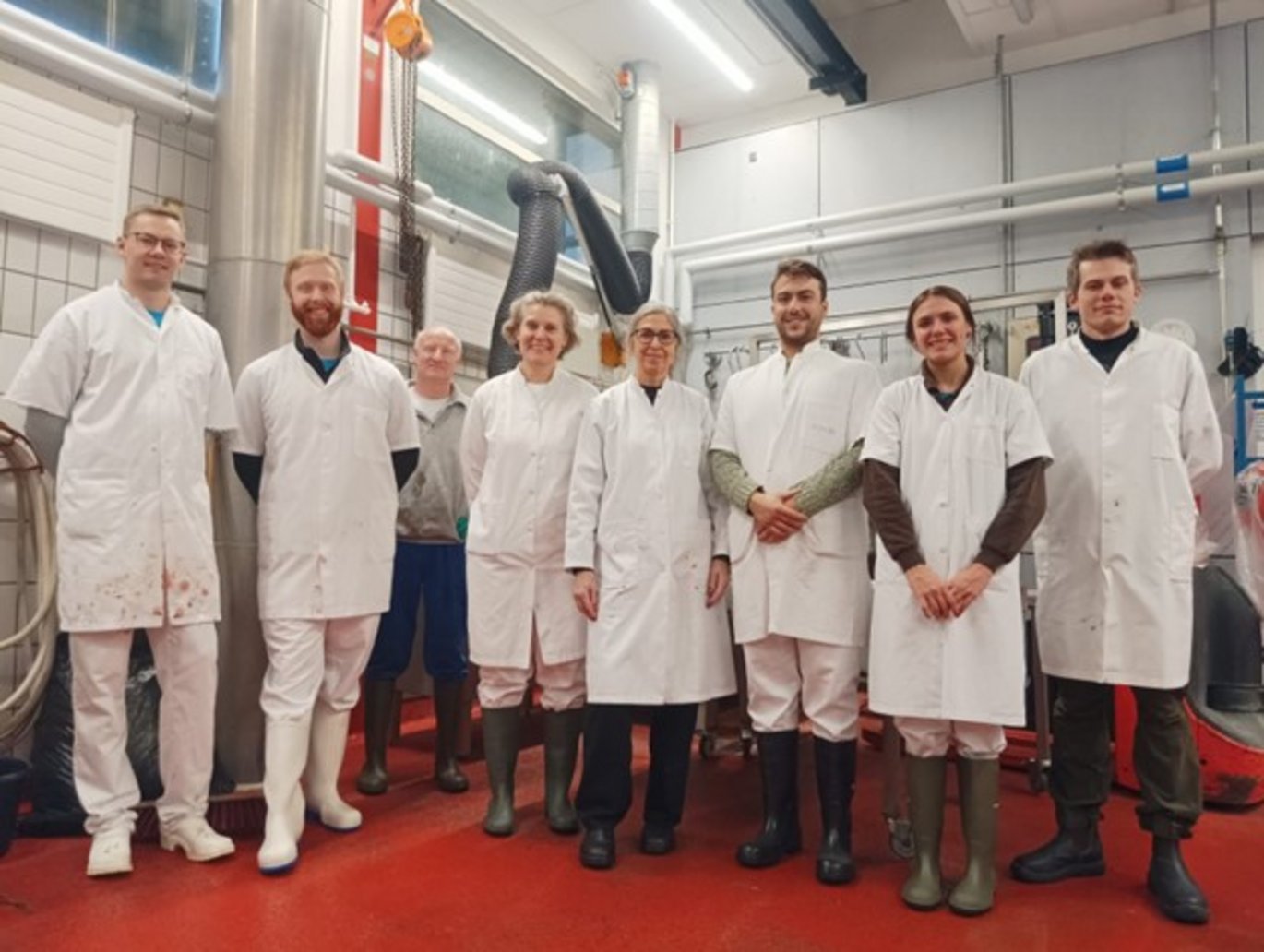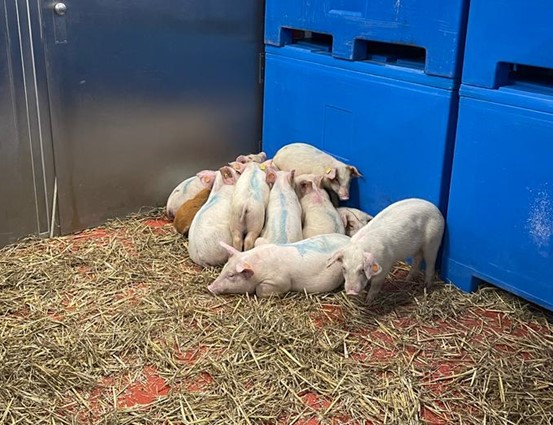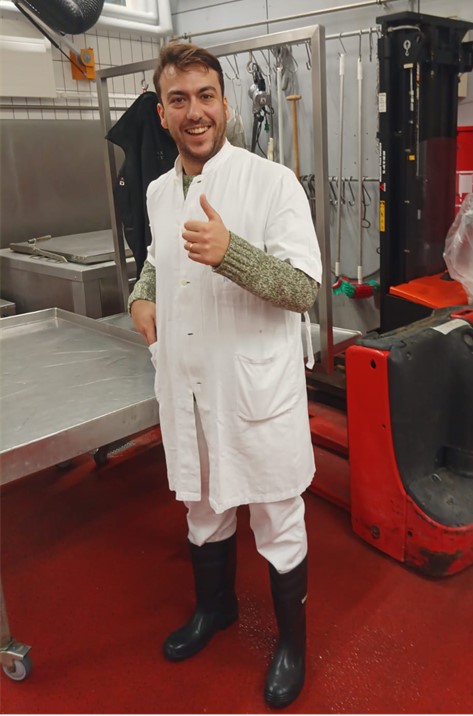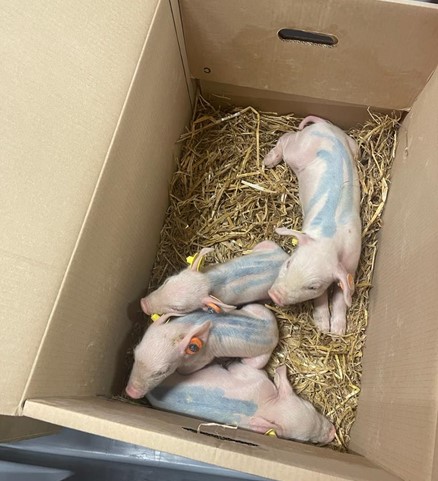Sampling Day at KU: Fostering Collaborations in PIG-PARADIGM
🔬 Accurate and precise sampling is the cornerstone of successful scientific observations. In PIG-PARADIGM , experimental cohorts of piglets serve as the primary source of samples for scientists from various pillars. However, scientists from different pillars and institutes often have distinct considerations regarding the samples. Communicating these considerations is sometimes more challenging than observing the sampling processes, especially for international and interdisciplinary research projects. One way we address this in PIG-PARADIGM is through encouraging and supporting international scientific mobility.




Accurate and precise sampling is the cornerstone of successful scientific observations. In PIG-PARADIGM, experimental cohorts of piglets serve as the primary source of samples for scientists from various pillars. However, scientists from different pillars and institutes often have distinct considerations regarding the samples. Communicating these considerations is sometimes more challenging than observing the sampling processes, especially for international and interdisciplinary research projects. One way we address this in PIG-PARADIGM is through encouraging and supporting international scientific mobility.
Sampling piglets is a laborious task that requires cooperation, collaboration, and organization, starting days before the actual sampling. These moments not only contribute to the project progression but also could foster robust cross-pillar and cross-institutional collaborations.
After the visit from Aarhus University in October, last week the PIG-PARADIGM team at University of Copenhagen welcomed Barış Erhan Özdinç, a PhD candidate from Wageningen University Laboratory of Microbiology, for two days of sampling. During these days, the teams sampled piglets aged 4 days and 7 weeks. The sampling processes included microbiome, genetics, blood sampling, tissue collection, and histopathology.
While most of PIG-PARADIGM project participants at KU who raise and sample experimental animals tackle research questions in the Host Pillar, Barış's project falls under the Microbiome Pillar. These two days allowed teams from different pillars to align their research focuses, set up collaborations, and observe the intricacies of sampling that may have implications for microbiome findings.